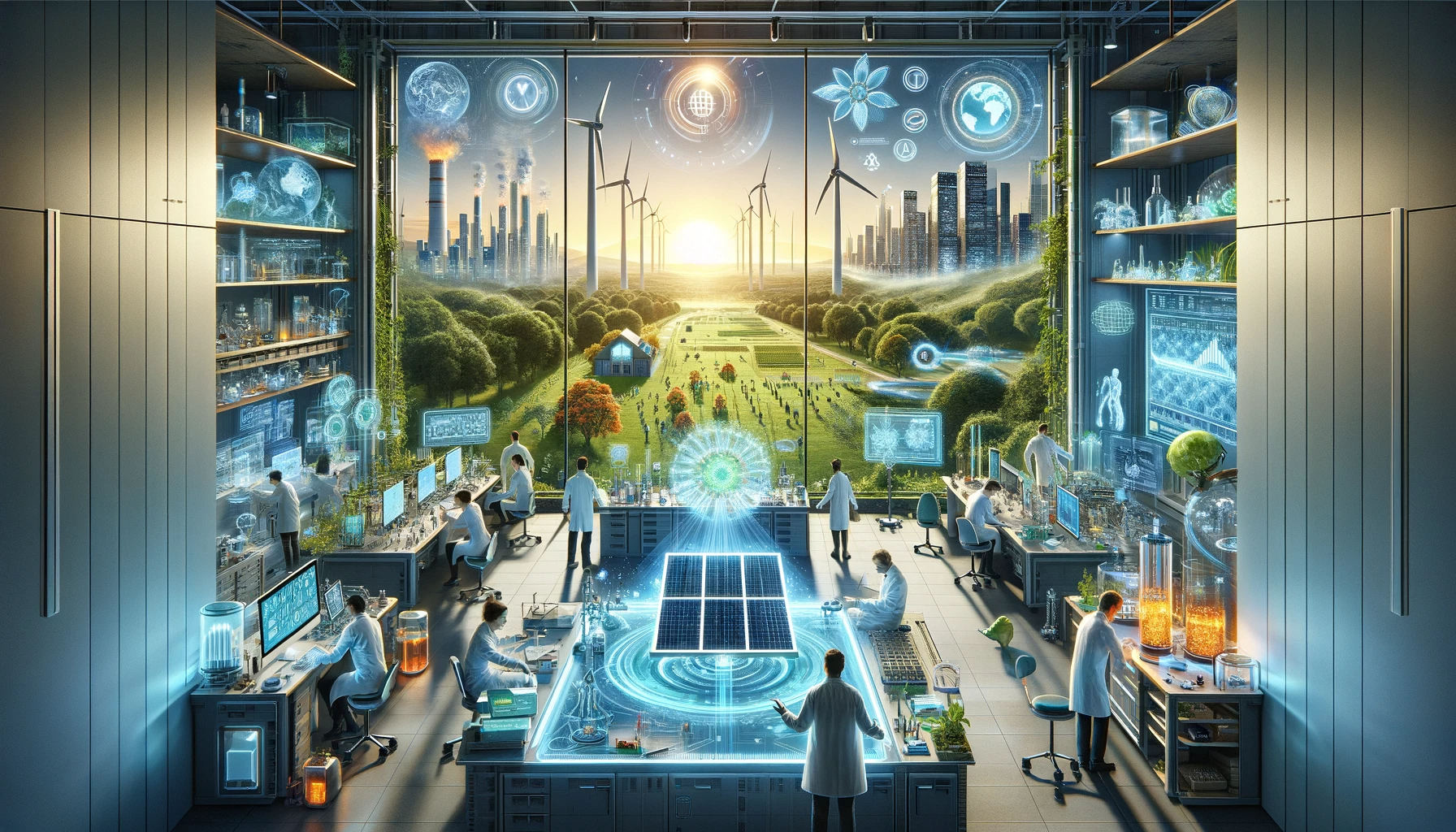In the year 2024, the world is at a critical juncture in its journey towards sustainability, and green technology stands at the forefront of this transformative era. Green Tech 2024 is a global initiative that encapsulates the groundbreaking advancements and innovations in technology aimed at preserving our planet while fostering economic growth and improving quality of life. This initiative represents a confluence of environmental stewardship, technological innovation, and sustainable development.
Key Areas of Innovation in Green Tech 2024
Renewable Energy Technologies
Advances in solar, wind, and hydroelectric technologies are revolutionizing the way we harness energy. Innovations in energy storage, such as more efficient batteries and new forms of energy storage, are solving the intermittency issues of renewable sources. Green Tech 2024 is also seeing the emergence of less conventional sources, like tidal and geothermal energy, becoming more mainstream.
Sustainable Transportation
Electric vehicles (EVs) are becoming more accessible, with improvements in battery life and reductions in charging time. Public transportation is also getting a green makeover, with cities around the world investing in electric buses and trains. Moreover, advancements in hydrogen fuel cell technology are providing new avenues for sustainable transportation.
Smart and Sustainable Cities
Smart city technologies are playing a crucial role in making urban areas more sustainable. These include smart grids for more efficient energy distribution, intelligent water management systems, and IoT-enabled infrastructure to optimize resource use and reduce waste.
Green Building and Construction
Innovative green building technologies are reducing the environmental impact of construction. This includes the use of sustainable materials, energy-efficient design, and green roofs and walls. Buildings are not just structures but ecosystems that contribute positively to their surroundings.
Agricultural Technology
Green Tech 2024 is also transforming agriculture with technologies that reduce the sector’s environmental footprint. Precision agriculture, using sensors and AI, optimizes resource use and crop yields. Innovations in aquaculture and vertical farming are presenting sustainable alternatives to traditional farming methods.
Waste Management and Recycling
Advanced recycling technologies and waste-to-energy plants are revolutionizing waste management. These technologies not only reduce landfill use but also create energy and other valuable resources from waste.
Challenges and the Path Forward
Despite these advancements, Green Tech 2024 faces challenges, including the need for significant investment, regulatory hurdles, and ensuring equitable access to green technologies. The path forward requires collaboration among governments, businesses, and communities to create supportive policies, invest in research and development, and foster a culture of sustainability.
Conclusion
Green Tech 2024 is not just a showcase of technological innovations; it’s a testament to human ingenuity and our collective commitment to a sustainable future. As we embrace these technologies, we step closer to a world where economic development and environmental conservation go hand in hand.
References
- “Advancements in Renewable Energy.” International Energy Agency. Renewable Energy Developments.
- “Sustainable Transportation Solutions.” World Economic Forum. Trends in Eco-Friendly Transportation.
- “Smart Cities for Sustainable Development.” United Nations. Smart Cities Initiatives.
- “Innovations in Green Building.” Green Building Council. Sustainable Building Technologies.
- “Technology in Sustainable Agriculture.” Food and Agriculture Organization of the United Nations. Agricultural Innovations.
- “Emerging Trends in Waste Management.” Environmental Protection Agency. Waste Management Solutions.


